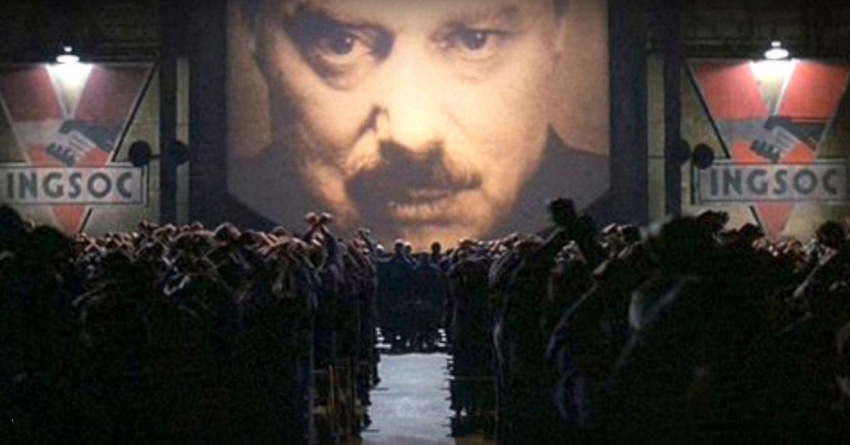Big Brother Watch has described the implementation of facial recognition tech as an ‘epidemic’ as it emerges the police has been colluding with private industry for trials.
August 19, 2019

Big Brother Watch has described the implementation of facial recognition tech as an ‘epidemic’ as it emerges the police has been colluding with private industry for trials.
There are of course significant benefits to be realised through the introduction of facial recognition, but the risks are monstrous. It is a sensitive subject, where transparency should be assumed as a given, but the general public has little or no understanding of the implications to personal privacy rights.
Thanks to an investigation from the group, it has been uncovered that shopping centres, casinos and even publicly-owned museums have been using the technology. Even more worryingly, in some cases the data has been shared with police forces. Without public consultation, the introduction of such technologies is an insult to the general public and a violation of the trust which has been put in public institutions and private industry.
“There is an epidemic of facial recognition in the UK,” said Director of Big Brother Watch, Silkie Carlo.
“The collusion between police and private companies in building these surveillance nets around popular spaces is deeply disturbing. Facial recognition is the perfect tool of oppression and the widespread use we’ve found indicates we’re facing a privacy emergency.”
What is worth noting is that groups such as Big Brother Watch have a tendency to over engineer certain developments, adding an element of theatrics to drum up support and dramatize events. However, in this instance, we completely agree.
When introducing new technology to society, there should be some form of public consultation, especially when the risk of abuse can have such a monumental impact on everyday life. Here, the risk is to the human right to privacy, a benefit many in the UK overlook, due to the assumption rights will be honoured by those given the responsibility of management of our society.
The general public should be given the right to choose. Increased safety might be a benefit, but there will be a sacrifice to personal privacy. We should have the opportunity to say no.
While the UK Government is clip-clopping along, sat pleasantly atop of its high-horse, criticising other administrations of human right violations, this incident blurs the line. Using facial recognition in a private environment without telling customers is a suspect position, though sharing this data with police forces is wrong.
Is there any material difference between these programmes and initiatives launched in autocratic and totalitarian governments elsewhere in the world? It smells very similar to the dreary picture painted in George Orwell’s “1984”, with a nanny-state assuming the right to decide what is reasonable and what is not.
And for those who appreciated a bit of irony, one of the examples Big Brother Watch has identified of unwarranted surveillance was at Liverpool’s World Museum, during a “China’s First Emperor and the Terracotta Warriors” exhibition.
“The idea of a British museum secretly scanning the faces of children visiting an exhibition on the first emperor of China is chilling,” said Carlo. “There is a dark irony that this authoritarian surveillance tool is rarely seen outside of China.
“Facial recognition surveillance risks making privacy in Britain extinct.”
Aside from this museum, private development companies including British Land, have been implementing the technology. There is reference to the technology in terms and conditions documents, though it is unlikely many members of the general public have been made aware.
As a result of the suspect implementations, including at Kings Cross in London, the Information Commission Officer Elizabeth Denham has launched an investigation. The investigation will look into an increasingly common theme; whether the implementation of new technology is taking advantage of the slow-moving process of legislation, and the huge number of grey areas currently present in the law.
Moving forward, facial recognition technologies will have a role to play in the digital society. Away from the clearly obvious risk of abuse, there are very material benefits. If a programme can identify fear or stress, for example, emergency services could be potentially alerted to an incident much quicker. Response to such incidents today are reliant on someone calling 999 in most cases, new technology could help here and save lives.
However, the general public must be informed, and blessings must be given. Transparency is key, and right now, it is missing.
About the Author(s)
You May Also Like








.png?width=300&auto=webp&quality=80&disable=upscale)


_1.jpg?width=300&auto=webp&quality=80&disable=upscale)


.png?width=800&auto=webp&quality=80&disable=upscale)